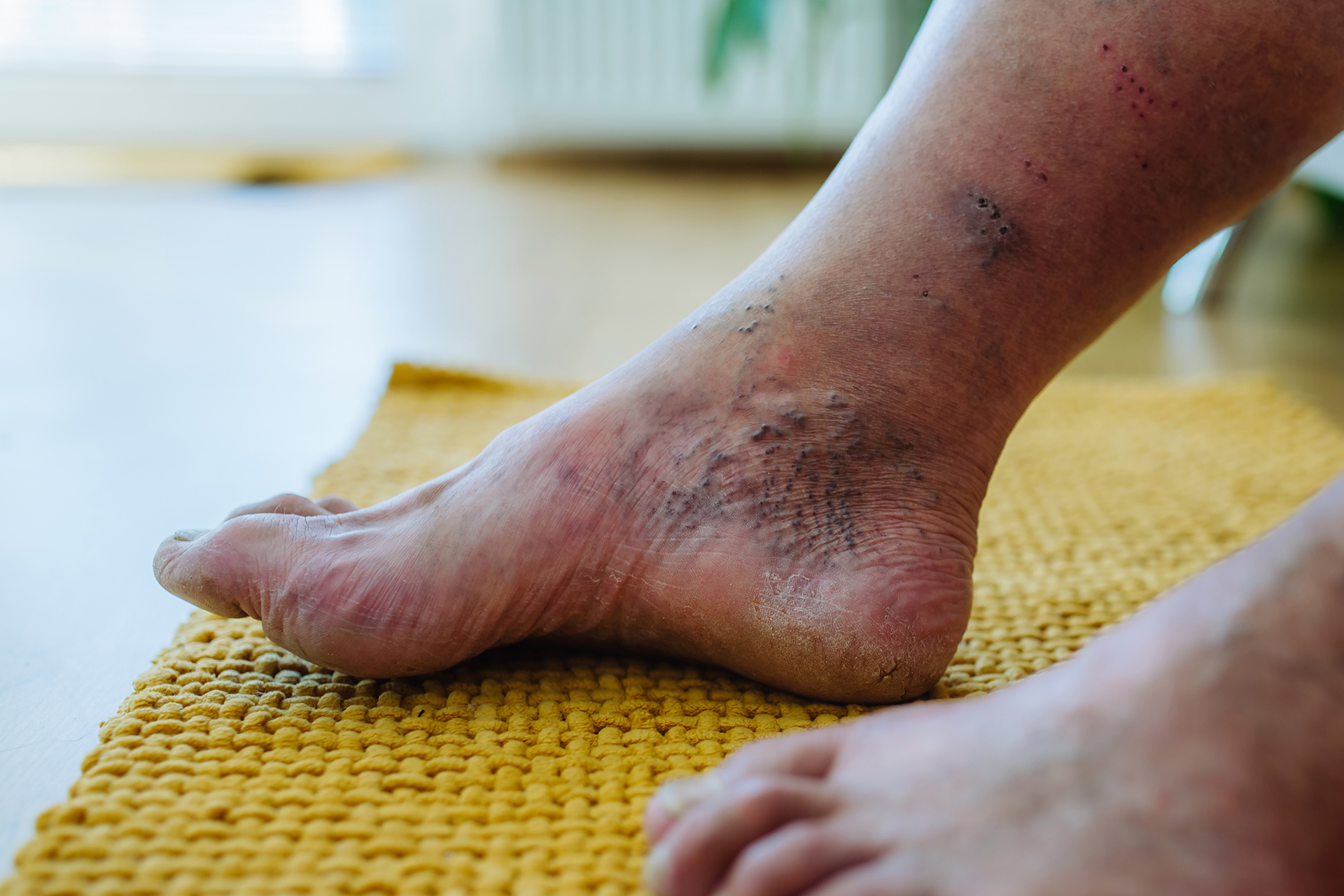Hand numbness can be a troubling sensation, often indicating underlying health issues that require attention. Whether it’s a tingling feeling, pins and needles, or complete numbness, understanding the causes and treatment options is crucial for alleviating discomfort and preventing further complications. In this guide, we’ll delve into the intricacies of hand numbness, explore its causes, and discuss effective treatment strategies to help you regain sensation and function in your hands.
Understanding Hand Numbness
Hand numbness is a sensation characterized by a loss of feeling or tingling in the hands. It can affect one or both hands and may vary in intensity from mild discomfort to complete loss of sensation. Common causes of hand numbness include nerve compression, such as in carpal tunnel syndrome, poor circulation, injury, and underlying health conditions like diabetes or multiple sclerosis. Contributing factors such as repetitive motion, prolonged pressure on nerves, and certain medications can also exacerbate hand numbness.
Diagnosing Hand Numbness
Diagnosing the underlying cause of hand numbness often requires a thorough medical evaluation. Healthcare providers may perform various diagnostic tests, including nerve conduction studies, electromyography (EMG), and imaging tests like X-rays or MRI scans. These tests help identify nerve damage, compression, or other abnormalities contributing to hand numbness, guiding the development of an appropriate treatment plan.
Home Remedies and Self-Care
While seeking professional medical advice is essential for persistent or severe hand numbness, there are several self-care measures and home remedies that can provide relief for mild symptoms. Simple lifestyle adjustments such as avoiding repetitive motions, practicing good posture, and taking regular breaks to stretch can help alleviate hand numbness. Additionally, maintaining proper ergonomics in your workspace and using supportive devices like wrist splints can reduce strain on nerves and promote healing.
Medical Treatments
In cases where hand numbness persists or worsens, medical interventions may be necessary to alleviate symptoms and address underlying issues. Pharmacological treatments, including pain relievers, anti-inflammatory drugs, and muscle relaxants, can help manage pain and inflammation associated with hand numbness. Physical therapy exercises aimed at improving hand mobility, strength, and coordination may also be prescribed to rehabilitate affected nerves and muscles. For targeted relief, healthcare providers may recommend injections such as corticosteroids or nerve blocks to reduce inflammation and alleviate nerve compression. In severe cases, surgical options like carpal tunnel release may be considered to relieve pressure on compressed nerves and restore sensation in the hands.
Alternative and Complementary Therapies
In addition to conventional medical treatments, alternative and complementary therapies can offer additional support for managing hand numbness. Acupuncture, a traditional Chinese medicine practice involving the insertion of thin needles into specific points on the body, has shown promise in relieving pain and stimulating nerve function. Chiropractic care, which focuses on spinal alignment and nerve function, may also help alleviate symptoms of hand numbness by addressing underlying spinal issues contributing to nerve compression. Herbal remedies and supplements like vitamin B12, alpha-lipoic acid, and omega-3 fatty acids may provide nutritional support for nerve health and promote healing.
Prevention Strategies
Preventing hand numbness often involves adopting proactive measures to minimize risk factors and promote hand health. Maintaining proper ergonomics in your daily activities, whether at work or home, can reduce strain on nerves and prevent repetitive motion injuries. Regular stretching and strengthening exercises targeted at the hands and wrists can improve flexibility and reduce the likelihood of nerve compression. Being mindful of underlying health conditions like diabetes or arthritis and managing them effectively can also help prevent complications leading to hand numbness.
Seeking Professional Help
If you experience persistent or recurrent hand numbness treatment, it’s essential to seek professional medical help for a thorough evaluation and personalized treatment plan. Healthcare providers, including primary care physicians, neurologists, or orthopedic specialists, can conduct diagnostic tests, assess your symptoms, and recommend appropriate treatments based on your individual needs. Follow-up care and monitoring are crucial to track progress and ensure optimal outcomes, so don’t hesitate to reach out to your healthcare provider if you have concerns or questions about your hand numbness.
Takeaway
Hand numbness can significantly impact your quality of life, affecting your ability to perform daily activities and tasks. By understanding the causes of hand numbness and exploring effective treatment options, you can take proactive steps to alleviate symptoms, regain sensation, and prevent further complications. Whether through self-care measures, medical interventions, or alternative therapies, there are numerous strategies available to help you manage hand numbness and improve hand health. Remember to prioritize your well-being and seek professional help when needed to address any concerns or symptoms promptly.






